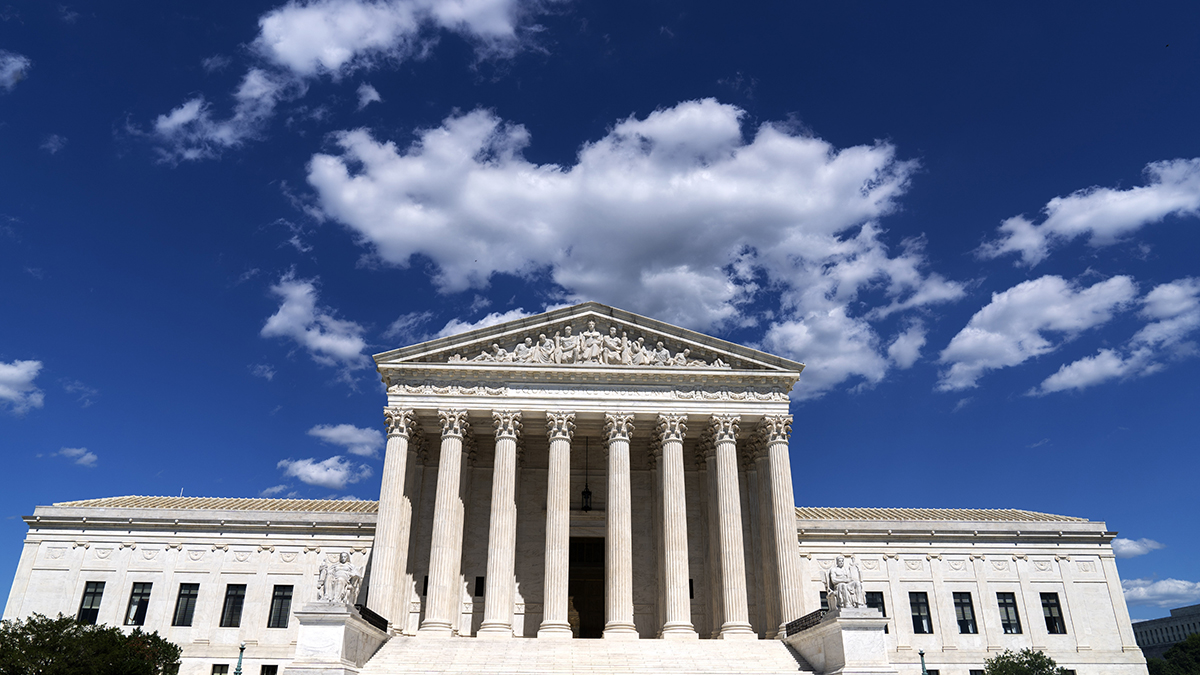The nation's signals intelligence agency said Friday it will no longer collect certain communications moving on the internet simply because they mention a foreign intelligence target, in a move applauded by privacy advocates.
The National Security Agency said it will now limit such collection to internet communications sent directly to or from a foreign target. It won't permit intelligence officials to collect emails, texts and other communications between two people who mention a target by name, but are not themselves targets of surveillance.
The changes, first reported by The New York Times, are designed to reduce the chances of sweeping up communications of U.S. citizens or others in a way that some critics charged was overly broad.
Democratic Sen. Ron Wyden or Oregon, a leading NSA critic, said the practice of collecting information for mentioning a target was a "magnet for abuse."
"This is something I've been working to get rid of for years and years," Wyden told The Associated Press in an interview Friday.
Since 2008, U.S. intelligence agencies have relied on Section 702 of the Foreign Intelligence Surveillance Act as they conduct surveillance on specific foreign targets outside the United States to collect intelligence on issues ranging from terrorism to cybersecurity.
The NSA said an in-house review of Section 702 activities uncovered several "inadvertent compliance lapses." It said such incidents were properly reported to Congress and the federal court overseeing foreign intelligence surveillance activities. The court issued two extensions as the NSA worked to fix the problems and recently approved the changes.
U.S. & World
Stories that affect your life across the U.S. and around the world.
Wyden commended the NSA for recognizing the problem and said he would work to make the changes part of law. Section 702 is set to expire at the end of this year and lawmakers are weighing its reauthorization.
Rep. Adam Schiff of California, the ranking Democrat on the House intelligence committee, called the decision a "sound response to the technological challenges of the program and the unintended collection of certain U.S. person information."
Concern over the Americans' communications renewed this year as the Trump administration accused the intelligence community of improperly revealing the names of Americans that came up through incidental collections.
In February, President Donald Trump fired his national security adviser, Michael Flynn, after saying he lied about phone conversations with a Russian diplomat. But Trump accused Susan Rice, former President Barack Obama's security adviser, of illegally "unmasking" Flynn's identity before details of the conversations were leaked to the press.
FBI Director James Comey has said the complaints about unmasking aren't related to Section 702 of the foreign intelligence surveillance law.



